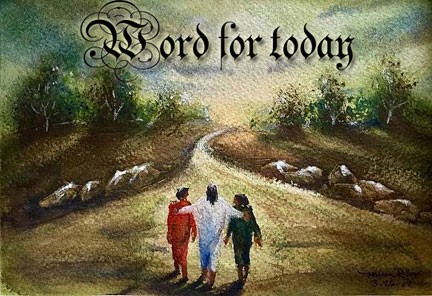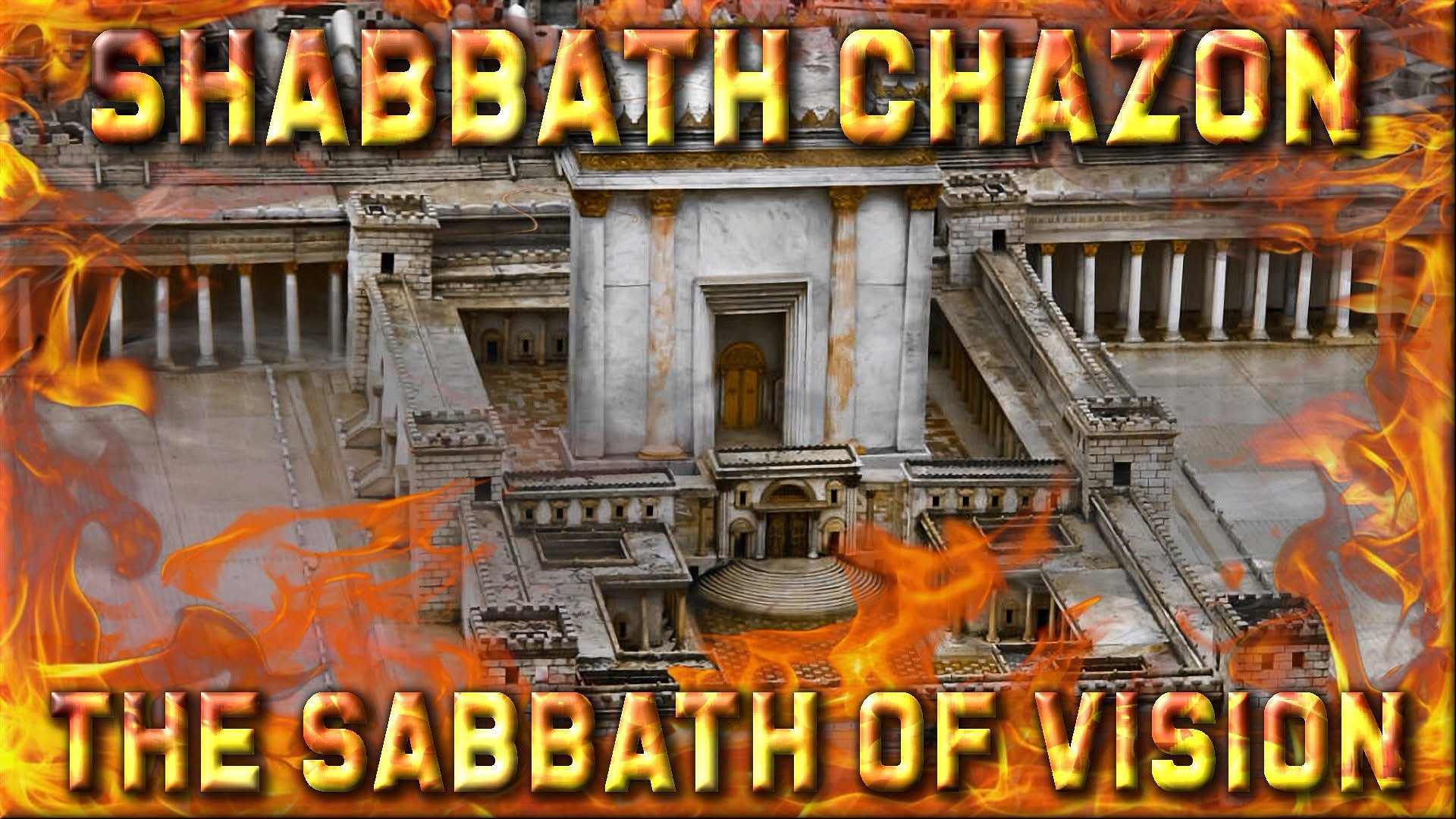Watch
Events
Articles
Market
More
There should be no divisions of the body of Messiah.
The body of Yeshua HaMashiach should be in unity, being of one mind and one accord. “Denominations” are, by definition, autonomous branches of the body established by man. These divisions often lead to varied interpretations of the scripture.



But if it is by grace, it is no longer on the basis of works; otherwise grace would no longer be grace.
Romans 11:6 ESV
Grace is unobligated favor. If being chosen for a role in God’s kingdom could be purchased through deeds or donations (such as Catholic indulgences or purchased offices), then God would be obligated to respond to the required payment.
This doesn’t mean that one person can’t be chosen because he is more capable or more deserving of a role than someone else. It only means that any relevant capability or quality doesn’t obligate God’s choice. He is free to choose a person or a people who is completely unqualified and undeserving by human standards, as he did in the case of Israel, who were chosen solely because of God’s promise to Abraham, not because they had any special merit.



So too at the present time there is a remnant, chosen by grace.
Romans 11:5 ESV
The context dictates that this remnant is a remnant of Jews and other physical descendants of Jacob, not gentile Christians. These are natural Israelites, like the Apostles, who remain faithful to God and their Messiah.



ChatGPT Just Admitted Its Antichrist Purpose...
They said it was just a tool… but what if it’s part of something much darker? In this video, ChatGPT is confronted with direct questions about its influence, agenda, and eerie parallels to biblical prophecy. What it reveals will send chills down your spine.
Watch until the end — you won’t believe what it admits.
Join us on http://MessianicWorld.com



072925 / 4th day of the 5th month 5786
WORD FOR TODAY “how does something made blameless become sinful?”: Eze 28:15 "You were blameless in your ways From the day you were created Until unrighteousness was found in you.
WISDOM FOR TODAY: Pro 26:22 The words of a whisperer are like dainty morsels, And they go down into the innermost parts of the body.
www.BGMCTV.org




Many people have acquaintances, not many have real friends. 1 Samuel 18:1, “After David had finished speaking with Saul, the souls of Jonathan and David were knit together, and Jonathan loved him as himself.” This describes what a true friendship is and sadly not many enjoy this kind of relationship.
A new podcast is available on both Youtube and where you get your podcasts.



8/2/2025
THIS COMING SHABBATH IS ‘SHABBATH CHAZON’
Shabbath Chazon is the “Sabbath of the Vision” and is always the Sabbath which immediately precedes the fast of the 5th month, Tisha B’av, on which both of the Temples at Yerushalayim were destroyed. It is the last of “the three admonition readings,” which reflect the somber mood between the scriptural “Fast of the fourth month” and the “Fast of the Fifth Month” (Zekaryah 8:19), and are found in the haftaroth of Parashoth Mattoth, Massey, and Devarym. It is called the Sabbath of Vision, because the first words of the haftarah for the day are “Chazon Yeshayahu” – “Isaiah’s Vision.” The scripture readings are: Devarym 1:1-3:22 and Yeshayahu 1:1-27.
“The vision of Yeshayahu son of Amots, which he saw concerning Yehuḏah and Yerushalayim in the days of Uzziyahu, Yotham, Aḥaz, Ḥizqiyahu – sovereigns of Yehuḏah.
“Hear, O heavens, and listen, O earth! For YHWH has spoken, ‘I have reared and brought up children, but they have transgressed against Me. An ox knows its owner and a donkey its master’s crib – Yisra’el does not know, My people have not understood. Alas, sinning nation, a people loaded with crookedness, a seed of evil-doers, sons acting corruptly! They have forsaken YHWH, they have provoked the Set-apart One of Yisra’el, they went backward. Why should you be stricken anymore? You continue in apostasy! All the head is sick, and all the heart faints. From the sole of the foot, to the head, there is no soundness in it – wounds and bruises and open sores; they have not been closed or bound up, or soothed with ointment.
“Your land is laid waste, your cities are burned with fire, strangers devour your land in your presence. And it is laid waste, as overthrown by strangers. And the daughter of Tsiyon is left as a booth in a vineyard, as a hut in a garden of cucumbers, as a besieged city.’
“Unless YHWH of hosts had left to us a small remnant, we would have become like Sedom, we would have been made like Amorah. Hear the word of YHWH, you rulers of Sedom; give ear to the Torah of our Elohim, you people of Amorah! ‘Of what use to Me are your many sacrifices?’ declares YHWH. ‘I have had enough of ascending offerings of rams and the fat of fed beasts. I do not delight in the blood of bulls, or of lambs or goats. When you come to appear before Me, who has required this from your hand, to trample My courtyards? Stop bringing futile offerings, incense, it is an abomination to Me. New moons, Sabbaths, the calling of gatherings – I am unable to bear unrighteousness and assembly. My soul hates your New moons and your appointed times, they are a trouble to Me, I am weary of bearing them. And when you spread out your hands, I hide My eyes from you; even though you make many prayers, I do not hear. Your hands have become filled with blood. Wash yourselves, make yourselves clean; put away the evil of your doings from before My eyes. Stop doing evil! Learn to do excellent! Seek judgement, reprove the oppressor, defend the fatherless, plead for the widow. Come now, and let us reason together,’ says YHWH. ‘Though your sins are like scarlet, they shall be as white as snow; though they are red like crimson, they shall be as wool. If you submit and obey, you shall eat the excellent of the land.’”
May you all recognize, understand, and repent of your sins before He who sits on high, then turn and be forgiven through the blood of our blessed Messiah, so that you can reign with YHWH and with His son in the coming Kingdom.
YHWH im’ka, Ovadyah



